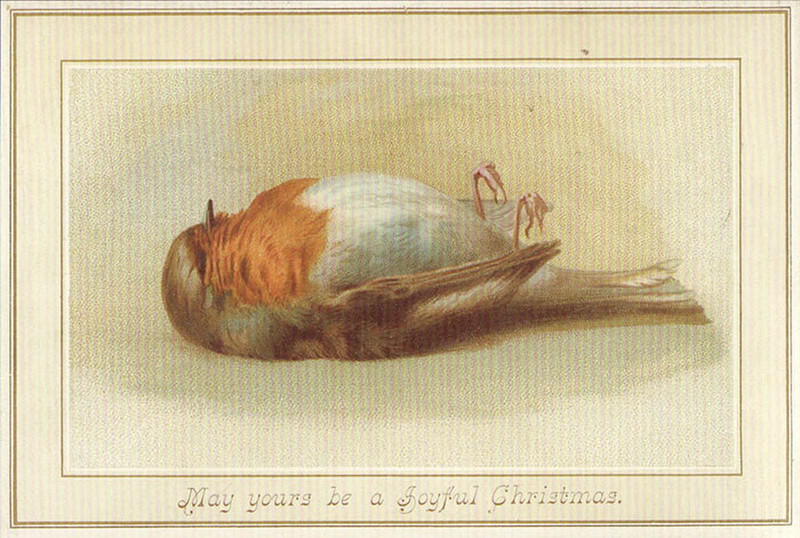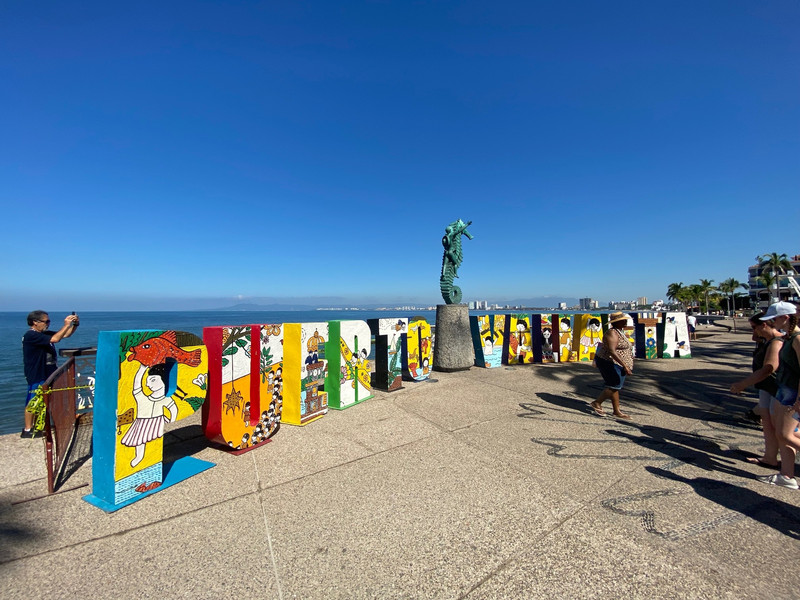Xmas in Vietnam is a far cry from Xmas in England. An English Xmas is intrinsically wedded to cold weather but Vietnam, on December 25th, is hotter and drier than the English summer. Although Xmas is celebrated here to some extent, the Vietnamese do not understand the Christian traditions on which Xmas is based. This is a Buddhist country, and the biggest festival is Tet, the Lunar New Year, which occurs in February. The Xmas trees and Santa suits that one sees in Vietnam as December 25th approaches are a reflection of Vietnamese joie de vivre and business savvy. The Vietnamese have no idea who Father Xmas is or that Baby Jesus was born on Xmas Day; no, Xmas, for them, is an excuse to make merry and, for shopkeepers, to make some extra money. No harm in that, I suppose.
I miss the Xmases of yesteryear with my parents in England. I miss the Xmas tree and the formal handing out of presents on Xmas Day. I miss the stuffed roast turkey, the plum pudding and the bottles of wine ordered by my father from Butlers, the local wine merchants. I also miss the Xmas cards.
the photos next to my desk is of my mother in the of our Reading house at Xmas time. I think this may be Xmas 1988, five months before she died. There are decorations on the walls and ceiling, and on one wall four strings of Xmas cards can be seen.
I remember how Xmas cards would pour through our during the two weeks prior to Xmas Day. Extra deliveries and extra postmen, often students, were laid on to cope with the surfeit of Yuletide mail. It was mildly exciting to hear the gentle thud of letters on the hall carpet and then to open the envelopes and display the cards on strings. My mother was a gregarious and popular woman who received many cards from friends in England and Ireland. Dad, being a very private man with no friends outside the family, received next to nothing. Our Xmas cards were a sort of statement, testifying to our social standing. Anyone entering our could see from the cards on display how popular we were.
My mother was painstaking in sending Xmas cards to all her friends. One day she came into my bedroom and burst
into tears after receiving news of a friends death. Her tears were not so much because her friend was dead but because she had forgotten to send this woman a Xmas card. An unpardonable breach of social propriety in Mums eyes.
From Vietnam, this Xmas, I have posted cards to around twelve people - friends in England, Ireland, Japan and the United States. Instead of the usual bland cards - with pictures of beribboned gifts and the legend Merry Xmas - this year I decided to send postcards with Vietnamese scenes: schoolgirls cycling in ao dais, a street barber at work, women in conical hats holding loaves of French bread. I could easily wish my friends a merry Xmas by email, but there is something special about receiving a card with foreign stamps on it, something special about the effort it takes me, the sender, to buy a card, to write a longhand message on it, to attach stamps in the post office before, finally, depositing the card in a mail box. Email is too easy, too impersonal. Nothing beats a good card that travels by plane via many hands to the front door of the
As I write this on December 17th, I have so far received four Xmas cards through the post: from John Sparry, Maureen Powell and Freer Magnus in the U.K. and from Tim Wagner in Japan. I will, no doubt, be sent numerous and emails closer to Xmas Day, but printed cards that arrive in my PO Box are special. One of my oldest friends, Patsy Powell (the sister of Maureen), who has been sending me Xmas and birthday cards ever since I was a teenager, died this year. Another great friend, Maurice Bradley, who always sent me a Xmas card, died a week ago, aged 92. Maurice had no truck with the internet, preferring Alas, no longer.
John Sparry, like Maurice, is Black Country born and bred and sees no reason to move with the times.









